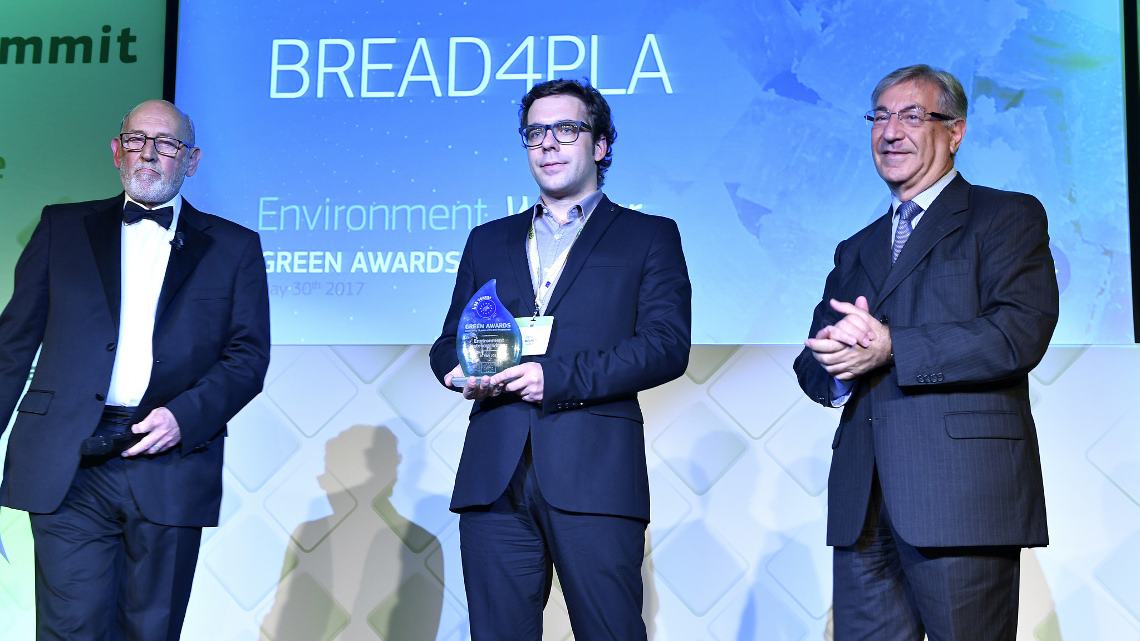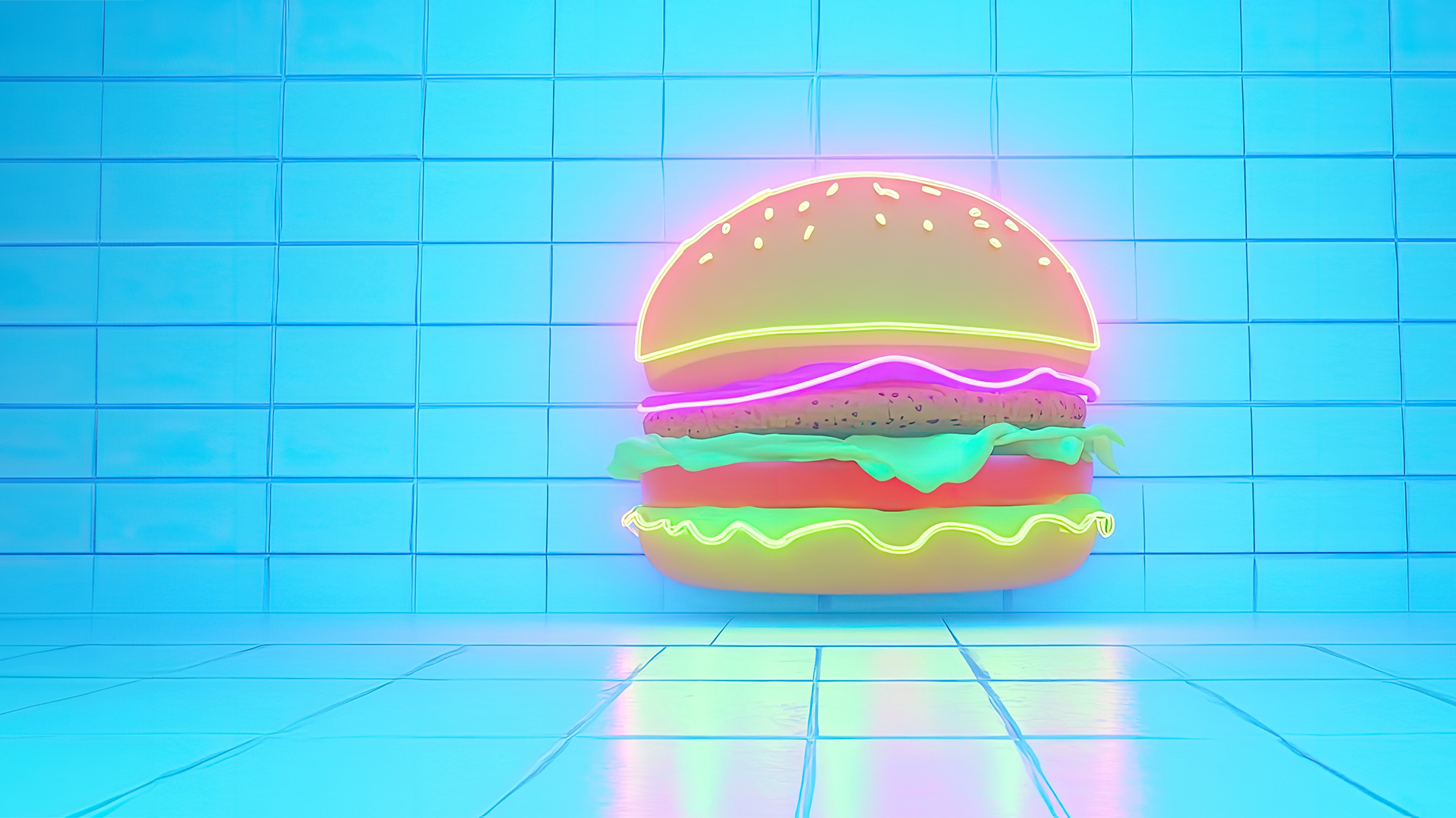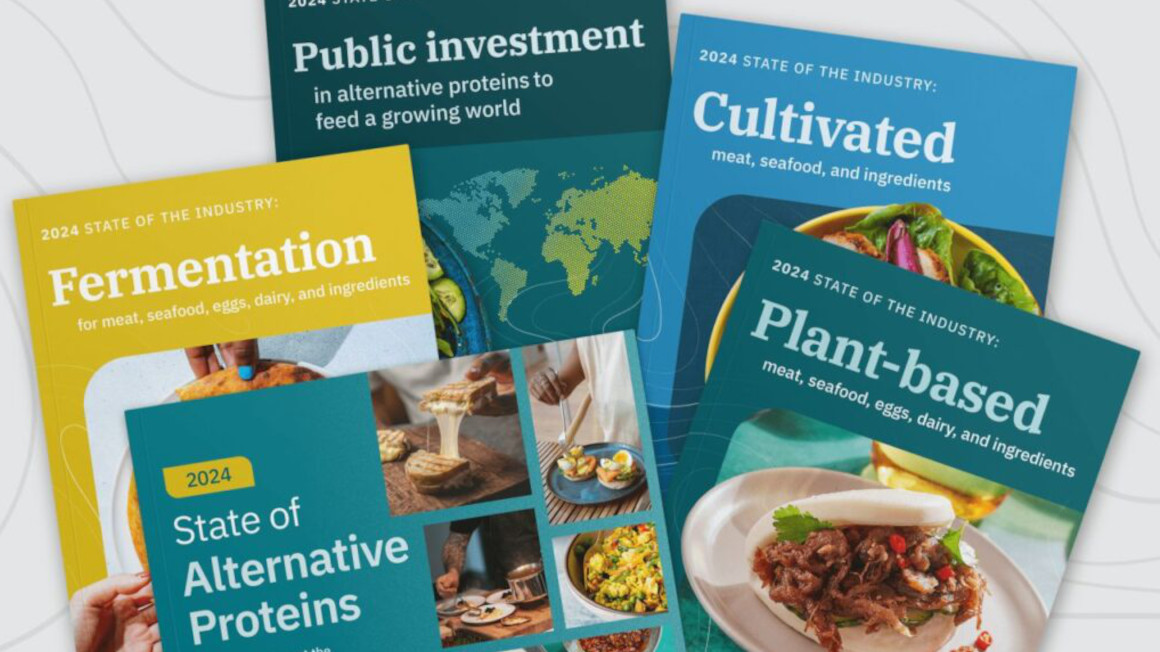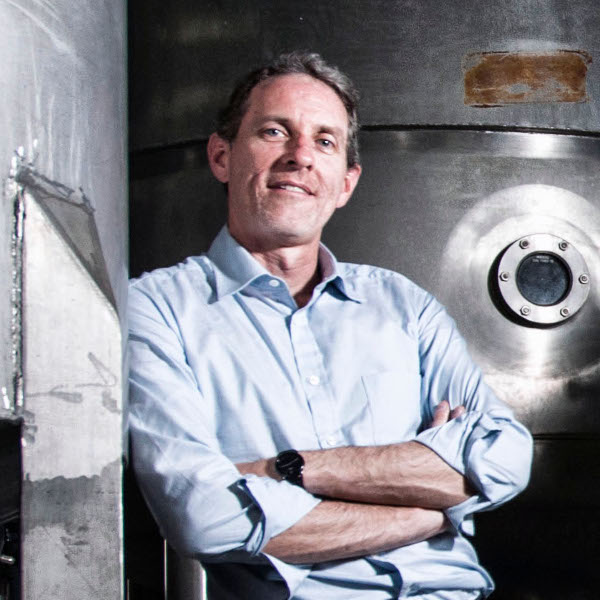Green Awards for turning old bread into plastic bags
The annual EU Green Week 2017 hosted the Green Awards in Brussels. Innovations that turn bakery waste into biofilms and separate salt from water were awarded.

At the end of May, as part of the EU Green Week 2017, the Green Awards ceremony was held. An expert jury had previously chosen a total of 15 finalist projects for the three categories Environment, Nature and Biodiversity, and Climate Action. The winners for each category were chosen by public vote on Facebook. The awards for the categories Environment as well as Nature and Biodiversity were presented by Karmenu Vella, the European Commissioner for Environment, Maritime Affairs and Fisheries. Each category awarded two winners: in the category Environment BREAD4PLA and SOL-Brine were chosen. The Spanish circular economy project BREAD4PLA recycles bakery waste to produce 100% biodegradable plastic film for food packaging. The Greek project SOL-BRINE installed a closed loop solar-powered brine treatment system at a desalination plant in the Cyclades, which saves water by separating the brine waste into two useful by-products: dry salt and water.
Green jobs for a greener future
The EU Green Week is an annual event focussing on European environmental policy and is organised by the European Commission's Directorate-General for Environment. Participants are policymakers, leading environmentalists, stakeholders, and other interested parties from across Europe and the globe. This years’ theme of the event was “Green jobs for a greener future”, and thus highlighted how EU environmental policies are creating green jobs and contribute to an economic, sustainable and socially responsible growth in the EU. The green economy has been steadily growing for nearly 20 years now. During that time over 4 million jobs have been created, however, recent statistics show that these numbers are stagnating. Considering climate change and circular economy goals, things need to change soon. Speaking at the EU Green Week 2017, Karmenu Vella said: “It’s not about white collar or blue collar jobs, it’s about moving to green collar. We need to find ways of making green the new normal - initiatives under the EU's Circular Economy Action Plan and the Skills Agenda will help.”
25 years of LIFE
In addition to the conference in Brussels, the programme for the EU Green Week also featured a series of partner events and actions taking place across Europe. One of these partner events was the LIFE – Green Awards ceremony. LIFE is the EU funding instrument for the Environment and celebrates 25 years of existence in 2017. Thus, this years’ edition of the annual LIFE awards looked back over the past quarter century, and singled out projects that have had remarkable effects both for the EU's natural environment, as well as in creating green jobs and boosting green growth. An expert jury selected 15 project finalists that were assessed regarding the projects’ long-term sustainability, communication potential, and their broader impact on a national, European or global level. Moreover, the projects were also assessed for innovation, transferability, environmental benefits, and conservation status improvement.
Using bakery waste to generate packaging
The circular economy prime example and winner in the category environment BREAD4PLA uses waste products of the bakery industry to produce biodegradable plastic films. PLA stands for poly-lactic acid biopolymers. The idea behind the project: to find a replacement for fossil fuel as the raw material behind the production of polymers. Because no matter how useful the polymers might be – sooner or later the will release carbon into the atmosphere and thus contribute to the greenhouse effect and climate change. The inventors behind BREAD4PLA saw an opportunity in the European bakery sector. 3.5 million tonnes of retrodegradated starch waste with minimal nutritional value is produced here every year.
At least 5% of this waste is disposed of in landfills because there is currently no alternative use. Therefore, their aim was to establish and operate a pilot plant at pre-industrial scale for the synthesis of PLA from bakery waste products. For that they used a low-energy process with water-based enzymes. The project also aimed to demonstrate practical uses for this PLA as a thermoplastic packaging film that meets current requirements and standards.
The inventors did indeed realize their plans and validation tests with different bakery products showed that the packaging developed from bakery waste performs very well for use within the bakery sector. Indeed, the project partners learnt that companies generating different types of food waste (e.g. fruit and vegetables) would also be interested in using their waste to produce biodegradable packaging material. Adaptations on the packaging would be necessary to transfer the technology to other sectors and to preserve products during their required shelf-life. However, the potential of the new packaging, and consequently the use of food waste for their production is very high.
jmr


